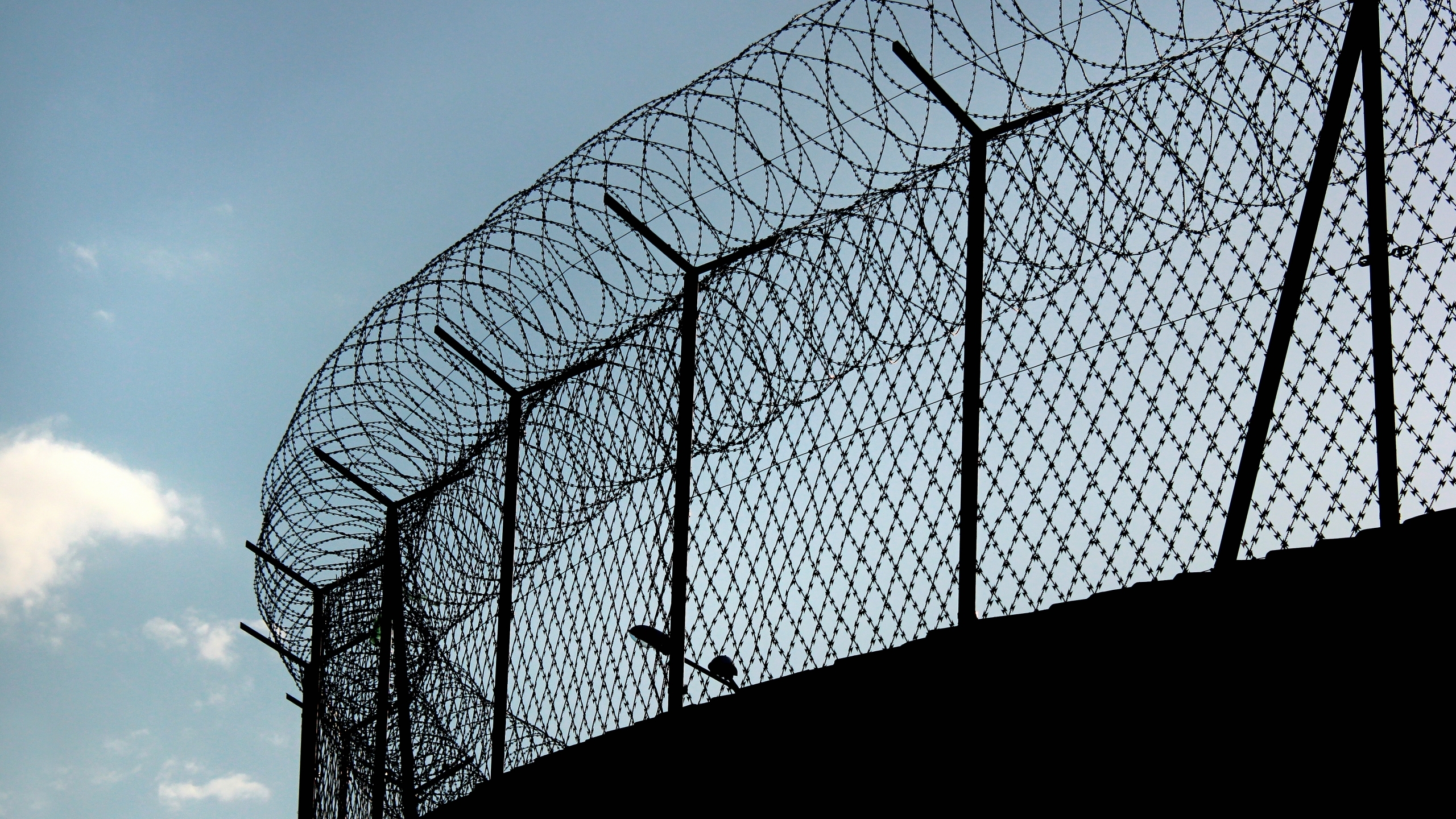|
Getting your Trinity Audio player ready...
|
As the general strike and protest among incarcerated individuals at major correctional facilities in Alabama passes its first week, Alabama Governor Kay Ivey continues to maintain that the demands put forward by individuals are “unreasonable” and would be unwelcome if implemented in the state.
At an appearance on the front steps of the Alabama State Capital building on Friday, where the governor was announcing the start of a food drive, Ivey said that the demands put forward “are just unreasonable” and would require “a whole lot of legislation” to implement fully.
“I think Commissioner Hamm’s got things well under control,” Ivey said, referring to ADOC Commissioner John Hamm. “Everything’s still operational; there’s no disruption in essential services. We still got our two prisons being built so we can better provide for the safety of the inmates as well as the workers.”
Kenneth Traywick, also known as Swift Justice, an incarcerated activist and co-founder of the justice non-profit Unheard Voices OTCJ, said in an interview with APR on Sunday that the demands brought forwarded by incarcerated individuals are not unreasonable, as Ivey suggested, and would benefit public safety if implemented—using the repeal of the Habitual Offender Act as an example.
“The Habitual Offender act is what made the prisons overcrowded in the first place, and we have come to that conclusion together; even our legislature has said that,” Traywick said, speaking from a wall phone at Fountain Correctional Facility in Atmore. “If it was wrong when we realized it was the cause of it, it was wrong many years ago. We need to right that wrong.”
Building new state prisons and disregarding grievances from incarcerated individuals is not the solution, according to Traywick, who said that those orchestrating the general strike and protest are attempting “to offer solutions in legislative change” to better the correctional system in the state.
“Alabama is not saying it’s unwelcome, she’s saying that,” Traywick said. “She has just shut them out, or attempted to shut them out, and said ‘we don’t care what you got a problem with’ and ‘we’re going to build new prisons, and that’s going to fix the problem.’ That’s not the answer. We are trying to offer solutions in legislative change to fix that problem.”
In refusing to hear from incarcerated individuals, Traywick said, Ivey is creating a dangerous situation that may lead to increases in violence in the Alabama prison system.
“Basically, if you are telling us that you’re not going to do anything, you are forcing these prisons to turn even more violent,” Traywick said. “Because these guys really and truly are doing what they can to bring this to you peacefully. If you turn your back and say you’re not going to hear them, whatsoever, and give them the opportunity to be heard and justify any rejection of what they’re saying, you’re doing nothing but pushing them to turn violent.”
“We are citizens of Alabama, regardless of where we’re at, and we need to be heard,” Traywick said.
Also, on Friday, a group of incarcerated individuals with medical conditions that require consistent food intake filed an emergency Motion to Intervene in the US Department of Justice’s ongoing lawsuit against the state and the ADOC. The motion argues that “the systematic and purposeful reduction in the quantity and quality” of meals in correctional facilities as a result of the general strike warrants immediate intervention by the federal government, according to a statement released on Friday by Hardy Law of Bessemer, the plaintiff’s legal representation.
“These actions are reprehensible in their application to any and all inmates,” the statement reads. “However, given their medical conditions and the dietary requirements which they necessitate, they are particularly dangerous and potentially life-threatening to the Plaintiffs.”
The ADOC has denied that switching to two meals a day is a form of retaliation against the general strike, despite incarcerated individuals continuing to allege that is the case.
The Alabama Department of Corrections canceled all visitations for incarcerated individuals at all facilities over the previous weekend, directly citing “inmate work stoppages at most major male facilities” as the reasoning behind the cancellation. Visitations are only allowed on Saturdays and Sundays, with variations from facility to facility on how many weekends per month are allowed.
The Department of Justice filed suit against the state and the ADOC in 2020, alleging in the most recent amendment to the lawsuit that officials in Alabama’s prison system are “deliberately indifferent” to the “unconstitutional conditions” of incarcerated individuals in state prisons.






















































